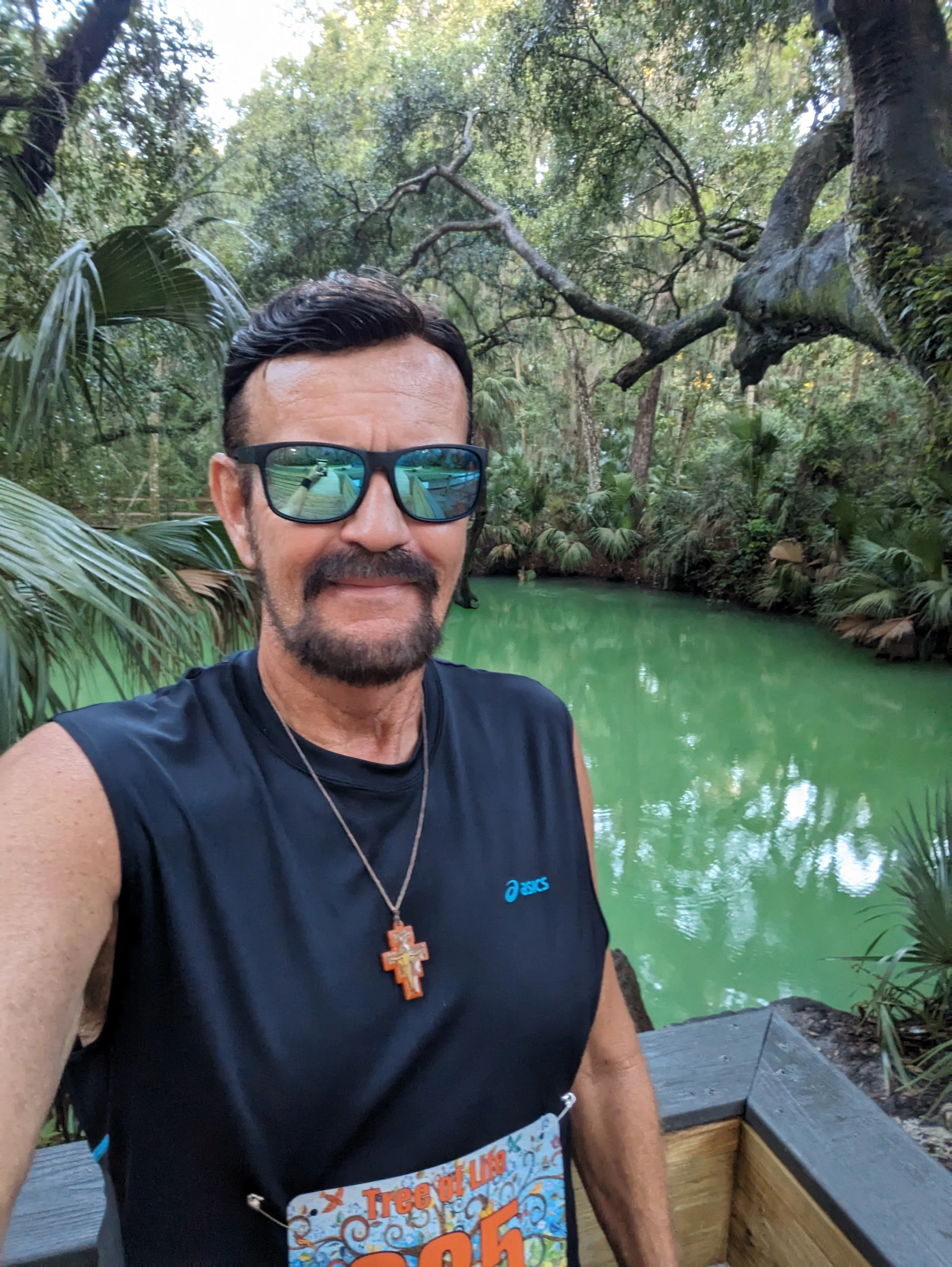
EDITORIAL
On Despotism
There is a verb in Spanish that describes actions performed upon or by multiple related referents; most of these actions have negative connotations or are indicative of some suffering. That verb is desterrar, from des- (negation) and terra (land, or soil): ‘to exile, to expatriate, to confine, to miss, to expulse, to throw away, to separate, to remove the soil from the roots of plants.’ The English equivalent is not less powerful: to banish.
Does one need to be sent away, voluntarily or not, from one’s land to feel desterrado/a, banished? Not in the past or the present. One may never leave one’s country or city and still feel this way. All it takes is a difference from those who establish the order of things. It has always been this way: ‘justified despotism,’ even ‘ethical despotism,’ which benefits the most.
Art, literature, and music have multiple purposes; exposing despotism and injustice and questioning reality and identity (another form of reacting to despot ideologies) are some of their aims. Yet, few see artistic forms this way; they are often seen as a collectible, entertainment, or food for the critic (all good) instead of as a medium through which we learn by metaphor.
Because of their views, the artists in this issue of The Pasticheur may be considered desterrados and, in different ways, ask these and other pertinent questions while denouncing despotic stances and inviting us to be open to dialogue beyond differences.
Kara Walker and Thomas Lamb don’t need an introduction; they are well-known artists who articulate different questions. Kara’s works touch on issues of identity, race, gender, sexuality, and violence, particularly throughout U.S. history, and are characterized by an unapologetic frankness. Thomas’s works are focused on the environment and how we perceive it throughout time, putting into question the existence and nature of Reality, with ‘R’.
The poetry of Carl Scharwath, among other problems, denounces the “[e]choes of indifference, icy and paralyzing” of the modern city and, as a seeker of truth, tries to find a home in the essence of “[f]orever searching for a meaning.” However, neither truth nor meaning are ever found but rather made.
Two new writers, published for the first time, crown this issue of our journal, Tiara McKinney and Mary Stanley: two desterradas. The former from The Bahamas and the latter from Tennessee, both living in Central PA.
Tiara’s writings are marked by honesty and vivid descriptions, making the reader feel present; she ponders upon who she (or anyone) is in the frigid temperatures of Carlisle, PA, where both white snow and white faces look at her questionably while words expose a struggle between different worlds.
Mary’s writings touch on the concept of the self, how roots fundamentally shape who one is, and how exposure to different texts enters an endless dialogue in search of understanding and acceptance of how one changes. Mary’s writing is rich in powerful imagery and teaches me to see the universe differently.
It is a pleasure and honor to have these artists as contributors to this issue. I hope our desterrados and desterradas subscribers will find a home in these paintings, drawings, and writings while learning through metaphors.
Jorge R. G. Sagastume, Editor
© Melody Tuttle
This Issue’s Artists





